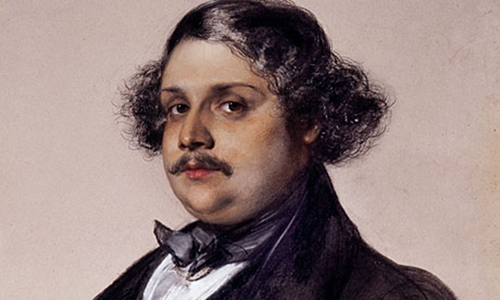
Dyce Sombre (1808–1851) lost his kingdom in north India that he had inherited from his adoptive mother when the British East India Company confiscated it but left him wealthy earning him the sobriquet ‘half-caste Croesus’; a reference to his Eurasian ethnicity. He travelled to England and got elected as a member of parliament representing Sudbury in 1841 making him the first Asian and India-born to have served in parliament, albeit briefly, as he lost his seat for alleged corruption after a few months.
He married Mary Anne Jervis, the daughter of the second Viscount St Vincent. He soon began to allege that his wife was in an incestuous relationship with her father and had many other lovers. He even challenged the famous war hero the Duke of Wellington, his wife's putative paramour, to a duel. We will never know who, if anyone, played Iago to Sombre's Othello.
His wife's family had him declared as a ‘chancery lunatic’ based on examination by psychiatrists, although not everyone who examined him agreed that he was a lunatic. Dr James Warwick was assigned to travel with Dyce Sombre as his medical attendant. Writing in the Lancet in 1849, Warwick alleged that those who disagreed with the diagnosis believed that in the East ‘treachery is habitual and incest common’ and that ‘this gentleman had special grounds of irritation and the most intense dislike of the parties against whom he entertains suspicions’.
Sombre escaped to France and then travelled to other European countries including Russia, seeking opinions from psychiatrists. Unlike their counterparts in England most European psychiatrists did not agree with the diagnosis of ‘lunacy’. Warwick once again responded to Russian dissent accusing them of being ‘ever envious and jealous of our Indian supremacy, and obtained for Mr. Dyce Sombre much attention and sympathy’.
Dyce Sombre wrote a 500-page tome ‘refuting the charge of lunacy brought against him in the court of chancery’ in 1849. He makes a cogent comment about the manner in which he was deemed a lunatic: ‘The mere word of a physician, supported no doubt by petitions and affidavits, was sufficient to restrain me from the exercise of my liberty, me, who had committed no crime nor illegality, without so much as a question being addressed to me by any responsible person in office, while a thief, a pickpocket or a burglar cannot be kept in custody, even when caught in the act, without being examined by a magistrate’. The tome ends with his plaintive plea: ‘… in a country which prides itself upon being the only one in the world where personal liberty is fairly understood, where a pickpocket or a murderer will meet with all the tenderness of the law, but where, alas, there is no law for the presumed lunatic, where there are interested parties, whose wishes are that he remain so’.
He died after several unsuccessful attempts to rescind his status as a chancery lunatic, regain his freedom and access to his wealth.




eLetters
No eLetters have been published for this article.